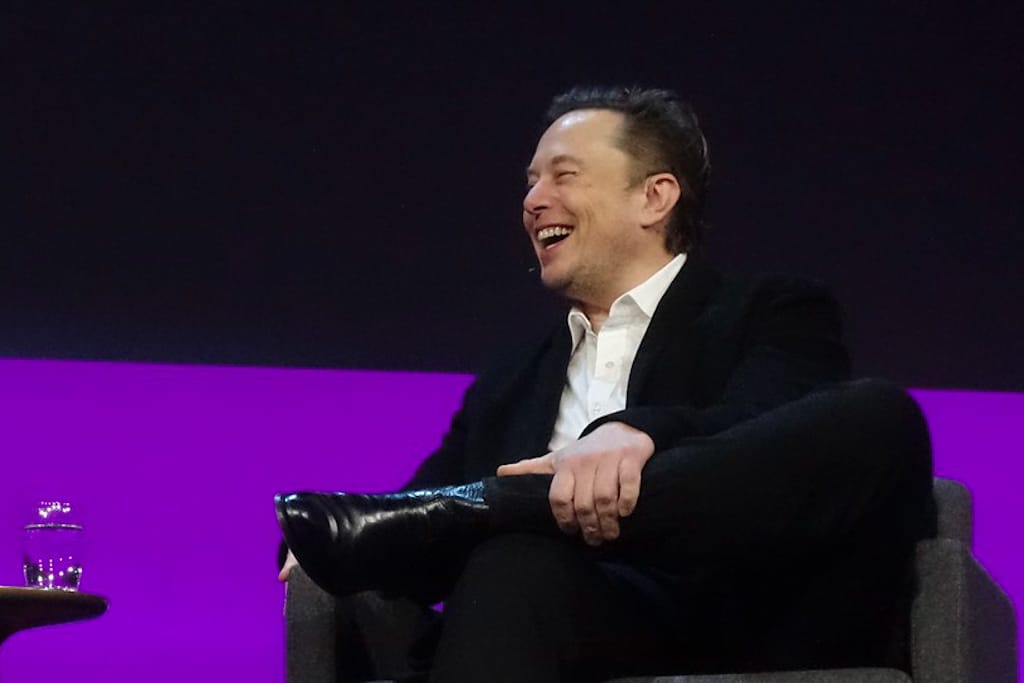Musk Now Owns Twitter, Cox Dodges AT&T Challenge, Workforce Development Alliance
Upon assuming control of Twitter, Elon Musk reportedly fired Twitter’s chief executive officer, chief financial officer, and others
David B. McGarry

October 28, 2022 – Elon Musk finalized a $44 billion deal to purchase Twitter on Thursday, reported several news outlets, after months of public reversals and legal battles with the social media platform.
Upon assuming control, Musk reportedly fired Twitter’s chief executive officer, chief financial officer, and others. Musk has previously stated that he favors more permissive content-moderation policies that tolerate speech from all viewpoints. Many conservatives and other right-wingers have cheered his pro–free speech statements.
Musk first signaled his interest in buying Twitter earlier this year. The sale was struck in April, but the billionaire soon tried to back out, claiming the company obscured the number of bot accounts on its platform. Twitter sued to enforce the deal. But even after Musk once again agreed purchase the platform earlier this month, the parties still needed a judge’s ninth-inning extension to avoid going to trial.
Reactions to Musk’s acquisition varied by political ideology. Austin Petersen, a libertarian political commentator and former candidate for the Libertarian Party’s presidential nomination, celebrated the development. “The future for freedom is bright. Hope lives on. Thanks @elonmusk,” he tweeted shortly after reports of the deal were published.
Many liberals were less sanguine. “It’s like the gates of hell opened on this site tonight,” tweeted The Washington Post’s technology columnist, Taylor Lorenz, Thursday night.
“Let the good times roll,” Musk tweeted Friday morning.
Cox fends off AT&T advertising challenge
The National Advertising Division, an advertising-industry watchdog, ruled Wednesday that Cox Communications’ claim to offer “gig speeds everywhere” was supported by fact, largely dismissing a challenge brought by AT&T.
NAD did, however, recommended that Cox specify gig speeds are only available for download and refrain from implying that AT&T “does not offer similar or faster speeds than 5G providers in markets where Cox and AT&T compete.”
AT&T’s complain sprung from an advertising campaign by Cox that juxtaposed the companies’ products. According to NAD’s ruling, a “reasonable message” implied by Cox’s ads was that Cox offered better-than-5G speeds while AT&T did not. The watchdog said this claim is unsupported since some AT&T customers can purchase plans with 1-gig speeds.
NAD said Cox signaled its intensions to comply with the ruling.
The AT&T–Cox dispute is not the first to come before NAD in recent months. In August, in response to a claim by Verizon, the watchdog ruled against a T-Mobile advertisement.
“NAD recommended that T-Mobile discontinue the claim that consumers can ‘save up to 50% vs. National [Federal Communications Commission] Broadband Rate Benchmark’ with [T-Mobile Home Internet], and the implied claim that a consumer will save up to 50% on their home internet services versus major competitors like Verizon,” the NAD’s August ruling said.
FBA and WIA team up on workforce development
The Fiber Broadband Association and the Wireless Infrastructure Association announced on Wednesday a partnership to promote the development of the broadband workforce.
WIA said the agreement will promote both organizations’ workforce outstanding development initiatives as well as the Registered Apprenticeship Program.
“Thanks to strong support from industry and our partners in the federal government and across the states, WIA has been expanding quality training programs across the U.S. to meet the demand for a highly-skilled broadband workforce, including through our Telecommunications Industry Registered Apprenticeship Program (TIRAP), and our 5G Readiness Program,” said Patrick Halley, president and CEO of the WIA.
“We’re seeing considerable [National Telecommunications and Information Administration] funding as well as private investments that will help create digital equity across North America, but we can’t do that without a larger technical workforce to actually build the networks,” said FBA CEO Gary Bolton. “This partnership with WIA will help close that workforce gap.”
The NTIA will soon administer the distribution of $42.45 billion from the Broadband Equity, Access, and Deployment program, which is funded by the Infrastructure Investment and Jobs Act of 2021. Projects funded by BEAD and other government programs need trained workers, however, and many industry experts have sounded the alarm on an impending workforce shortage in the broadband industry.











Member discussion